This was not a foreign policy election. Indeed, in contrast to past campaigns, the Republican candidate was not able to successfully assert that he would better protect America. President Barack Obama used his administration’s killing of Osama bin Laden as a way of making security a non-issue. So despite the presence of over 60,000 American troops in Afghanistan, the implosion of Syria and Iran’s nuclear ambitions, the only foreign policy issue that made a dent during weeks before election day was the killing of American Ambassador Chris Stevens and three other Americans in Benghazi, Libya. Even this tragedy only led to a debate about blame, not about shifting the course of U.S. foreign policy.
However, the killing of Ambassador Stevens — or more accurately the U.S. reaction to it — is likely to make one of the biggest challenges facing the second Obama administration even bigger: what to do about the Arab spring? To put it mildly, the United States has had an inconsistent response to the Arab spring. Libya saw decisive military intervention, while in Egypt the Obama administration impressively helped usher Mubarak from power. More quietly, the United States worked with its allies to give Yemen’s Saleh a push. In Bahrain, however, the Obama administration did little while the government brutally repressed demonstrations. And in Syria, Washington has only slowly moved to back the Syrian opposition, and even then it is maintaining a healthy distance.
Other regimes may crumble, and still others might attempt real reform to stave off unrest. But the heady weeks of early 2011 when dictators in Tunisia and Egypt rapidly fell and it looked like democratization might sweep the region are long gone. In Tunisia and Egypt, we worry that voting might usher in illiberal regimes that trample on minority and women’s rights and be hostile to the United States. An even bigger worry in Yemen and Libya, and of course Syria, is that weakness or even chaos might replace tyranny, creating a safe haven for terrorists and making life intolerable due to the spread of crime and tribal and sectarian violence. In all these countries, new leaders have arisen, many of whom are not well known to American officials. And in all these countries, the popular will suddenly matters in a way that it never did when autocrats alone ruled. We hope these countries will eventually become mature democracies, but alternatively, or even concurrently, they might become home to a significant terrorist presence and suffer considerable unrest. As Benghazi shows, there are new threats and dangers to the United States that come along with the new politics.
Ambassador Stevens was exactly the sort of diplomat we needed for these messy challenges. He plunged into his work, placing himself at risk in order to mingle with ordinary Arabs and gain a ground truth far from the corridors of power. As a result, he was admired by many Libyans and able to inform U.S. policy far more effectively than other officials as he knew Libya and new Libyan leaders well. However, to avoid future Benghazis, and future deaths of diplomats — and the political furor and blame-game that accompanies their death — U.S. leaders will tell them to retreat further behind secure compound walls. Such a move is understandable and will keep our diplomats safer, but it will also make them far less effective. They will not be able to mix with the local populations, learn their concerns and attitudes, and represent America to ordinary Arabs.
If U.S. officials can only be found in embassy fortresses, the United States will be less nimble in responding to (or, ideally, preventing) these threats and, more broadly, the new realities of the Arab spring and its aftermath. Our diplomats and intelligence officers will know fewer people, and those they know are more likely to be established figures rather than the ordinary Arabs who are suddenly empowered by the Arab spring. Emerging leaders, and emerging policy concerns, will be harder to identify. Implementing policy in Libya or other Arab countries with new political realities will be far harder if Americans are not on the ground.
Obama administration officials should recognize this likely deficit as they conduct foreign relations in the aftermath of Benghazi and posture the U.S. civilian presence in Arab countries. Our diplomats are like our soldiers — they are precious to us, but we must also recognize that if they cannot take risks they cannot do their jobs.
The Brookings Institution is committed to quality, independence, and impact.
We are supported by a diverse array of funders. In line with our values and policies, each Brookings publication represents the sole views of its author(s).
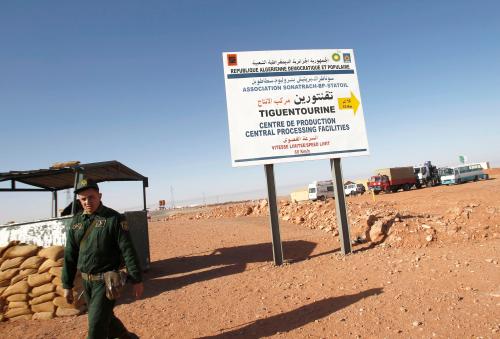
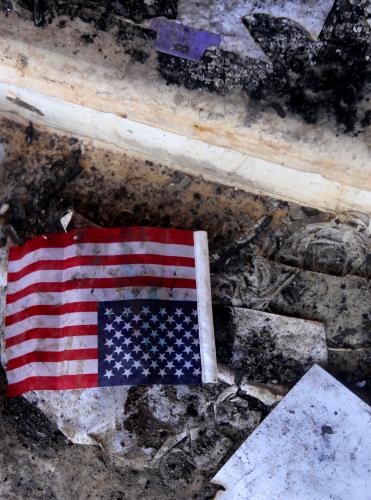
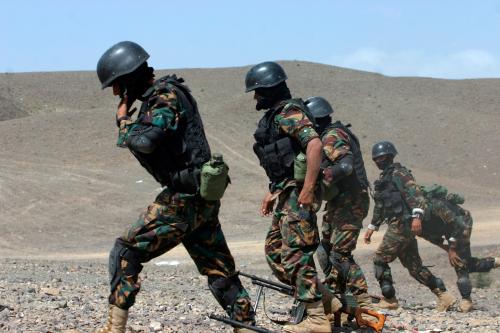
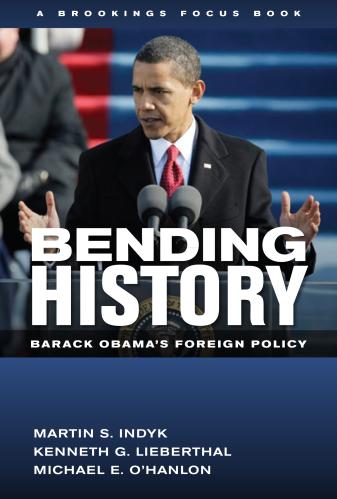
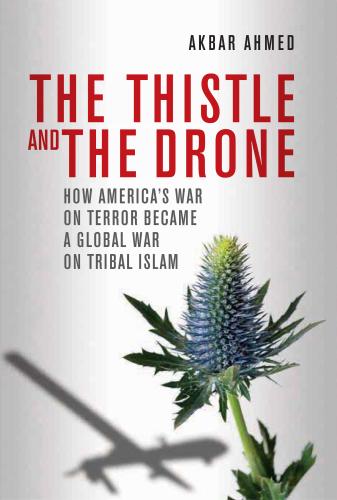
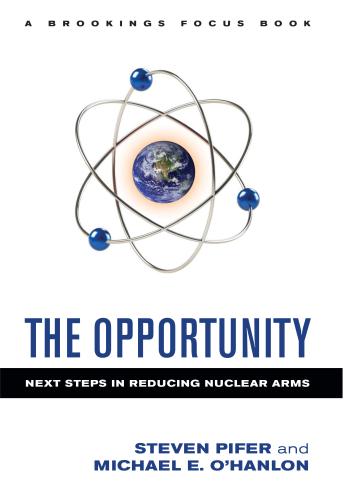



Commentary
Op-edA Less Nimble America in the Arab World
November 8, 2012